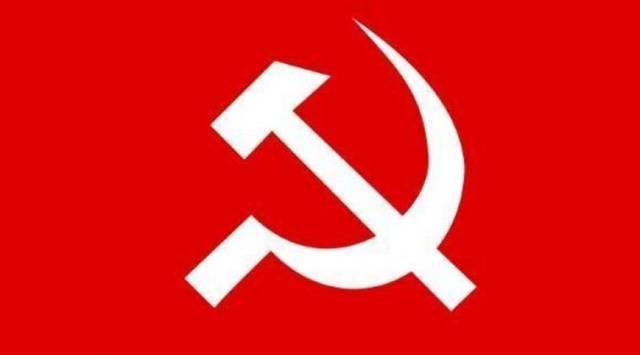
Compiled by Ashutosh Bhardwaj
Rajagopalachari attended the function. “Why is this not taught to the children of this country?” The “concoted theory of Aryan invasion” has been proved wrong across the world. Why is it still taught in India? The editorial asks.
Unholy Alliance
The editorial in Organiser, ‘Where Communists Meet Islamists,’ comments on the attacks on RSS swayamsevaks in Kerala. It notes that “Shajahan Velluvakkandi, a native of Kannur, who was recently arrested by the Delhi Police for his suspected IS links revealed plans of targeting the RSS-BJP leaders in Kerala and Tamil Nadu”. “Under the garb of Communism a new inhuman alliance has emerged in this God’s Own State,” the editorial notes. The CPI (M) has “monopolised not only polity but all spheres of life through violence and astute combination of muscle and money power,” it adds. “Why there are pockets of ‘party villages’ where no other political party can dare to campaign or appoint a polling agent?” the editorial asks. “This ideology of Red terror, about which Dr Ambedkar had warned time and again, has met with another dangerous ideology of Islamism, the other threat Babasaheb had cautioned about,” it notes. Noting that “maximum number (21) of youth arrested with ISIS links are from Kerala”, it says both the Communists and Islamists “believe in violence as a political means and have the common target in the form of RSS”. Contending that “this deadly alliance of intolerant ideologies has potential to convert Kerala into a hell,” the editorial underlines the “urgent need to expose the destructionist design not just to save Kerala but also Bharat and Bharatiyata”.
Diplomatic Victory
An article in Organiser notes that “Bharat scored a victory of sorts in the contentious river waters dispute with Pakistan when the World Bank allowed it to go ahead with the construction of hydroelectric power projects on tributaries of the Jhelum and Chenab rivers”.
“Diplomatically,” it says, “it is a major victory for Bharat because Pakistan has been opposing the initiative internationally on the pretext that it would curtail it’s share of river waters”. Pakistan has been opposing the construction of the Kishanganga (330 mw) and Ratle (850 mw) hydroelectric power plants on the grounds that it is “violative of the provisions” of the Indus Water Treaty. “Pakistan wanted the planned storage capacity of the projects to be reduced from 24 million cubic metres to eight million cubic metres, and demanded that the height of the dams to be reduced,” it says. India contested these objections that “it had never reduced the water flow to Pakistan”.
Elaborating India’s strategy behind the move, it says that “Bharat decided to exploit to the maximum the water of Pakistan-controlled rivers. “After the Uri attack in which 19 Indian Army soldiers were killed in September last, Prime Minister Narendra Modi, while holding a high-level meeting to review the 56 years old Indus Water Treaty, had announced that ‘blood and water’ cannot flow together,” it says.